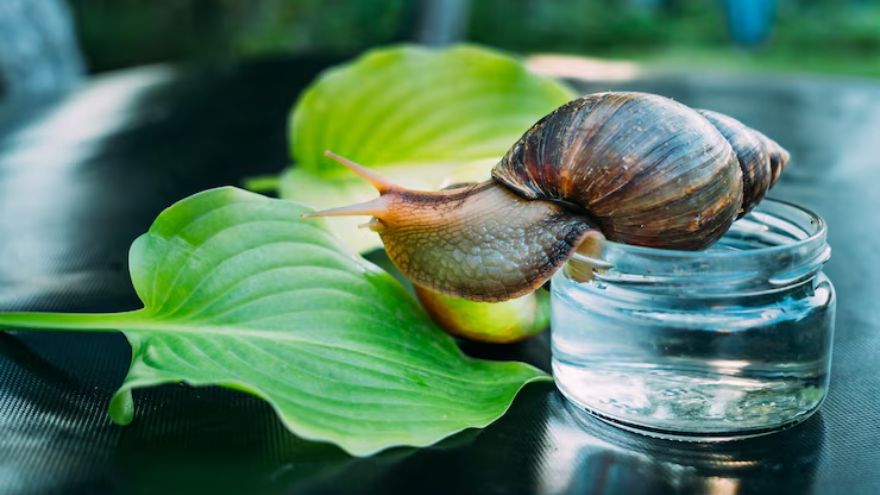
Diabetes, a chronic metabolic disorder characterized by high blood sugar levels, affects millions of people worldwide. While medications and regular check-ups are essential, many people find that incorporating home remedies can also make a big difference. Managing diabetes effectively requires a comprehensive approach that includes medication, lifestyle changes, and dietary modifications. While conventional treatments are crucial, many individuals seek natural and home remedies to help manage their condition. In this blog, we will explore several home remedies that can support diabetes management and potentially improve overall health. Let’s explore some natural ways to help manage diabetes and support overall health.
1. Dietary Changes
A. Fiber-Rich Foods
Fiber is a fantastic tool for managing blood sugar. Incorporating high-fiber foods into your diet can significantly impact blood sugar control. It slows down the absorption of sugar, helping to keep your levels steady. Try adding more fiber-rich foods to your meals, such as:
- Whole grains like oats, barley, and quinoa
- Beans, lentils, and chickpeas
- Fruits like berries, apples, and pears
- Veggies such as broccoli, carrots, and leafy greens
B. Low-Glycemic Index Foods
The glycemic index (GI) measures how quickly foods raise blood sugar levels. Foods with a low glycemic index (GI) cause a slower rise in blood sugar levels. Choosing low-GI foods helps maintain stable blood sugar. Some great options include:
- Whole grains
- Non-starchy vegetables
- Nuts and seeds
- Fruits like berries, cherries, and apples
2. Herbal Remedies
A. Cinnamon
Cinnamon is more than just a tasty spice. Research suggests it can improve insulin sensitivity and help lower blood sugar levels. Adding cinnamon to your diet can be as simple as sprinkling it on your oatmeal, yogurt, or smoothies. However, it's essential to consult your healthcare provider before making any significant changes, especially if you are on medication.
B. Fenugreek
Fenugreek seeds are packed with soluble fiber, which can help manage blood sugar. You can soak a tablespoon of fenugreek seeds in water overnight and drink it in the morning. Fenugreek can also be added to your cooking as a spice for a flavorful twist.
C. Bitter Melon
Bitter melon might not be the most delicious vegetable, but it contains compounds that act similarly to insulin. You can juice it, cook it, or even take it as a supplement to help lower blood sugar levels. Regular consumption of bitter melon may help lower blood sugar levels.
3. Lifestyle Modifications
A. Regular Exercise
Exercise is one of the best ways to manage diabetes. It helps your body use insulin more effectively and lowers blood sugar levels. Aim for at least 150 minutes of moderate exercise each week, like walking, cycling, or swimming.
B. Stress Management
Stress can wreak havoc on blood sugar levels. Techniques like meditation, yoga, deep breathing exercises, and mindfulness can help you relax and reduce stress, improving your overall health.
4. Natural Supplements
A. Alpha-Lipoic Acid
Alpha-lipoic acid is an antioxidant that may help reduce inflammation and improve insulin sensitivity. You can find it in foods like spinach, broccoli, and tomatoes, or take it as a supplement.
B. Magnesium
Magnesium is crucial for insulin function and glucose metabolism. Foods rich in magnesium include leafy greens, nuts, seeds, and whole grains. Supplements are also an option, but talk to your healthcare provider first.
5. Hydration and Herbal Teas
Staying hydrated is vital for managing diabetes. Drinking plenty of water is essential, but herbal teas can also offer benefits:
A. Green Tea
Green tea is packed with antioxidants that might help lower blood sugar levels and improve insulin sensitivity. Drinking 2-3 cups a day can be a healthy addition to your routine.
B. Hibiscus Tea
Hibiscus tea is another great option. It’s rich in antioxidants and can help lower blood pressure, which is particularly important for those with diabetes.
6. Probiotics and Gut Health
A healthy gut can positively impact blood sugar levels. Probiotics found in fermented foods like yogurt, kefir, sauerkraut, and kimchi help balance gut bacteria and improve metabolic health.
7. Regular Monitoring and Professional Guidance
Home remedies can support diabetes management, but they’re not a substitute for professional medical advice. Regularly monitor your blood sugar levels and keep up with your doctor’s appointments to ensure you’re on the right track.
8. Home Remedies for Specific Symptoms
A. Managing Foot Health
Diabetes can lead to poor circulation and nerve damage, especially in your feet. Proper foot care is crucial to prevent complications. Here’s what you can do:
- Inspect your feet daily for cuts, blisters, or sores.
- Keep your feet clean and moisturized.
- Wear comfortable, well-fitting shoes.
- Seek medical attention for any foot issues promptly.
B. Controlling Blood Sugar Spikes
Preventing post-meal blood sugar spikes is key. Here are some tips:
- Eat smaller, more frequent meals throughout the day.
- Include protein and healthy fats in each meal to slow sugar absorption.
- Avoid sugary drinks and refined carbs.
9. A Holistic Approach
Managing diabetes effectively often requires a holistic approach that considers physical, emotional, and psychological well-being. Combining dietary changes, herbal remedies, lifestyle modifications, and professional medical advice can help create a comprehensive diabetes management plan.
Conclusion
Incorporating home remedies can provide additional support in managing diabetes, but they should complement, not replace, your regular treatments. Always consult your healthcare provider before starting any new remedy or making significant changes to your routine. By adopting a balanced diet, regular exercise, stress management techniques, and staying informed, you can take proactive steps toward better diabetes management and overall health.
FAQs About Home Remedies for Diabetes
1. Can home remedies cure diabetes?
No, home remedies cannot cure diabetes. Diabetes is a chronic condition that requires ongoing management. Home remedies can support conventional treatments and help manage symptoms, but they should not replace medical advice or prescribed medications.
2. How does cinnamon help in managing diabetes?
Cinnamon can improve insulin sensitivity and lower blood sugar levels. It contains bioactive compounds that can mimic insulin and help in glucose metabolism. However, it’s important to use it in moderation and consult your healthcare provider before making it a regular part of your diet.
3. Are there any risks associated with using herbal remedies for diabetes?
Yes, there can be risks. Herbal remedies can interact with medications and may cause side effects. It’s crucial to consult your healthcare provider before starting any new herbal remedy to ensure it’s safe for you and doesn’t interfere with your treatment plan.
4.How does stress affect blood sugar levels?
Stress can cause the body to release hormones like cortisol and adrenaline, which can raise blood sugar levels. Chronic stress can lead to consistently higher blood sugar levels and complicate diabetes management. Stress management techniques like meditation, deep breathing, and yoga can help keep blood sugar levels more stable.
5. Can drinking more water help manage diabetes?
Yes, staying well-hydrated is important for managing diabetes. Drinking water helps to regulate blood sugar levels by flushing out excess glucose through urine. It also supports overall health and well-being.



